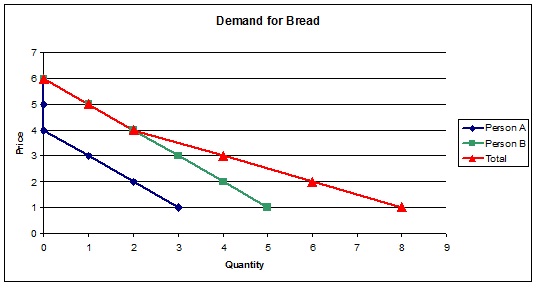SwimExpert
Gold Member
- Nov 26, 2013
- 16,247
- 1,679
- 280
- Banned
- #81
Perhaps you should go back and read what I wrote (that you responded to), please point out where "number of people" was even mentioned, you just went ahead with your assumption that I was under the impression that demand was solely a factor of "the number of people" that wanted a given good or service whose supply was finite when I was perfectly aware (and pointed out) that the money supply among the bidders was also relevant to demand.
Perhaps you should go fuck off. Your idea is wrong. I called you out for it. Don't try to sit here and cherry pick the conversation in which you've been engaging so as to escape the fact that you are presenting an inaccurate understanding of what constitutes "demand."
You want to talk to me about context, but then want to remove all context from your own words so that you can argue about particular words being in your post or not? You've got to be fucking kidding me.
Everything you've said is built on a misinformed equivocation between volume and demand. Hence your "demand increases without commensurate increases in supply will drive up prices" statement. Demand can increase without a single new customer entering the market, if current consumers become willing to buy at a higher price. The result would be higher demand, higher prices, and static supply production.
The false premise you are wielding is essentially the same as the false belief that diamonds are expensive because they are rare. This false belief sometimes leads to another false belief that the diamond industry is engaged in a fraud to make the public believe they are rare. Benitoite is much more rare than diamond, but much less expensive. Diamonds are expensive because people are willing to pay high prices for diamonds.



